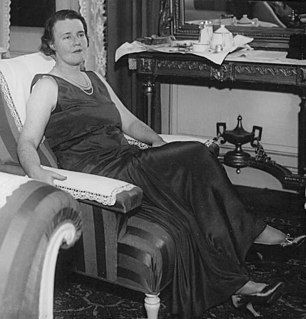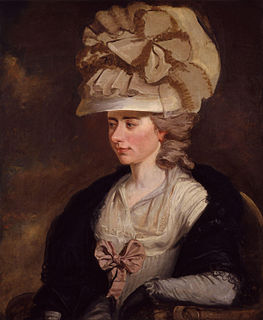A Quote by Henry David Thoreau
The Grecian are youthful and erring and fallen gods, with the vices of men, but in many important respects essentially of the divine race.
Related Quotes
All gods who receive homage are cruel. All gods dispense suffering without reason. Otherwise they would not be worshipped. Through indiscriminate suffering men know fear and fear is the most divine emotion. It is the stones for altars and the beginning of wisdom. Half gods are worshipped in wine and flowers. Real gods require blood.
But it seems that something has happened that has never happened before; though we know not just when, or why, or how, or where. Men have left God not for gods, they say, but for no gods; and this has never happened before. That men both deny gods and worship gods, professing first Reason, and the money, and power, and what they call life, or race, or dialect.The church disowned, the tower overthrown, the bells upturned, what have we to do but stand with empty hands and palms upturned in an age which advances progressively backwards?
How you start is important, very important, but in the end it is how you finish that counts. It is easier to be a self-starter than a self-finisher. The victor in the race is not the one who dashes off swiftest but the one who leads at the finish. In the race for success, speed is less important than stamina. The sticker outlasts the sprinter in life's race. In America we breed many hares but not so many tortoises.
Nothing is more common than for men to make partial and absurd distinctions between vices of equal enormity, and to observe some of the divine commands with great scrupulousness, while they violate others, equally important, without any concern, or the least apparent conciousness of guilt. Alas, it is only wisdom which perceives this tragedy.
It is precisely that requirement of shared worship that has been the principal source of suffering for individual man and the human race since the beginning of history. In their efforts to impose universal worship, men have unsheathed their swords and killed one another. They have invented gods and challenged each other: "Discard your gods and worship mine or I will destroy both your gods and you!"
When a miser contents himself with giving nothing, and saving what he has got, and is in other respects guilty of no injustice, he is, perhaps, of all bad men the least injurious to society; the evil he does is properly nothing more than the omission of the good he might do. If, of all the vices, avarice is the most generally detested, it is the effect of an avidity common to all men; it is because men hate those from whom they can expect nothing. The greedy misers rail at sordid misers.
Men create their own gods and thus have some slight understanding that they are self-fabricated. Women are much more susceptible, because they are completely oppressed by men; they take men at their word and believe in the gods that men have made up. The situation of women, their culture, makes them kneel more often before the gods that have been created by men than men themselves do, who know what they've done. To this extent, women will be more fanatical, whether it is for fascism or for totalitarianism.



































